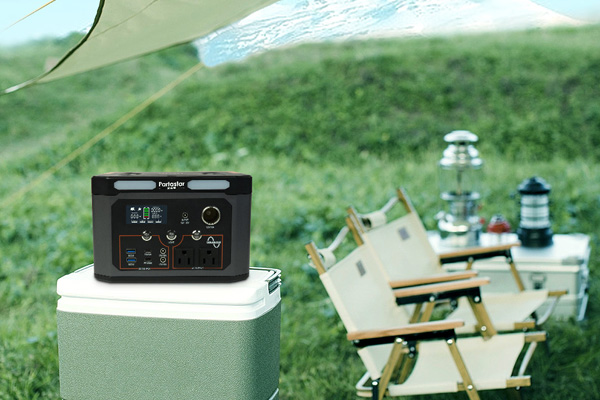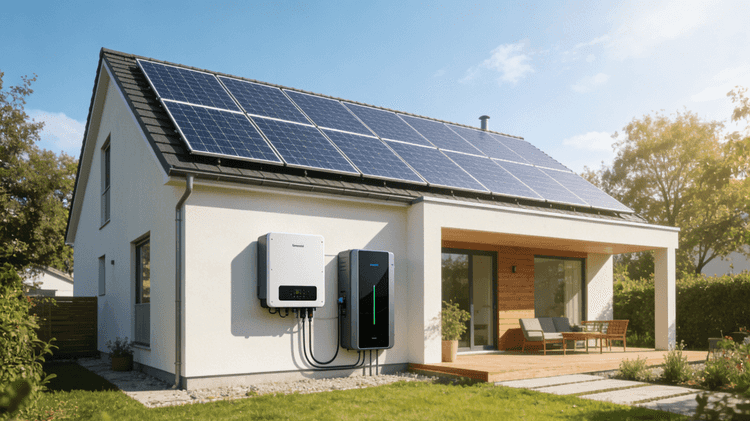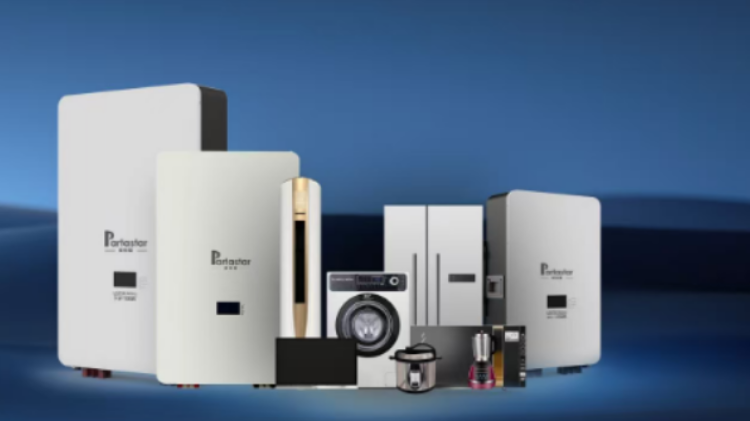When it comes to portable power stations, there are two main types of batteries to choose from: LiFePO4 and lithium-ion. Both have their pros and cons, and which one is better will depend on your specific needs and circumstances. In this article, we'll compare LiFePO4 and lithium-ion batteries for portable power stations, and help you determine which one is the best choice for you.
LiFePO4 vs. Lithium-Ion: What's the Difference?
LiFePO4 batteries and lithium-ion batteries are both types of rechargeable batteries, but they differ in their chemistry and construction. LiFePO4 batteries use lithium iron phosphate as the cathode material, while lithium-ion batteries can use a variety of different materials, including cobalt, nickel, and manganese. LiFePO4 batteries are also known for their high safety and durability, while lithium-ion batteries are known for their high energy density and power output.
Features of LiFePO4 Power Stations
LiFePO4 power stations have a number of features that make them a popular choice for portable power generation:
1. High Safety: LiFePO4 batteries are known for their high safety and stability, as they are less prone to overheating or catching fire than other types of lithium-ion batteries.
2. Long Lifespan: LiFePO4 batteries have a longer lifespan than other types of lithium-ion batteries, with some models able to last up to 10 years or more.
3. Wide Temperature Range: LiFePO4 batteries can operate in a wider temperature range than other types of lithium-ion batteries, making them a good choice for use in extreme environments.
4. Fast Charging: LiFePO4 batteries are known for their fast charging capabilities, with some models able to fully charge in as little as 2-3 hours.
Features of Lithium-Ion Power Stations
Lithium-ion power stations also have a number of features that make them a popular choice for portable power generation:
1. High Energy Density: Lithium-ion batteries have a higher energy density than LiFePO4 batteries, meaning that they can store more energy per unit of volume or weight.
2. High Power Output: Lithium-ion batteries are known for their high power output, making them a good choice for applications where high power output is necessary.
3. Lighter Weight: Lithium-ion batteries are generally lighter than LiFePO4 batteries, making them a good choice for applications where weight is a concern.
4. Lower Cost: Lithium-ion batteries are generally less expensive than LiFePO4 batteries, making them a good choice for users on a budget.

Which Power Station is Better?
When it comes to determining which power station is better, there is no clear answer. Both LiFePO4 and lithium-ion power stations have their pros and cons, and which one is better will depend on your specific needs and circumstances. Here are some factors to consider when choosing between LiFePO4 and lithium-ion power stations:
1. Safety: If safety is a top concern, LiFePO4 power stations may be the better choice, as they are known for their high safety and stability.
2. Lifespan: If you're looking for a power station that will last a long time, LiFePO4 power stations may be the better choice, as they have a longer lifespan than lithium-ion power stations.
3. Energy Density: If you need a power station that can store more energy per unit of volume or weight, lithium-ion power stations may be the better choice, as they have a higher energy density than LiFePO4 power stations.
4. Power Output: If you need a power station that can deliver high power output, lithium-ion power stations may be the better choice, as they are known for their high power output.
5. Weight: If weight is a concern, lithium-ion power stations may be the better choice, as they are generally lighter than LiFePO4 power stations.
6. Cost: If you're on a budget, lithium-ion power stations may be the better choice, as they are generally less expensive than LiFePO4 power stations.
Both LiFePO4 and lithium-ion power stations have their pros and cons, and which one is better will depend on your specific needs and circumstances. If safety and lifespan are top concerns, LiFePO4 power stations may be the better choice. If energy density and power output are important factors, lithium-ion power stations may be the better choice. Ultimately, the best way to determine which power station is right for you is to identify your specific needs and do your research to find the power station that meets those needs.



